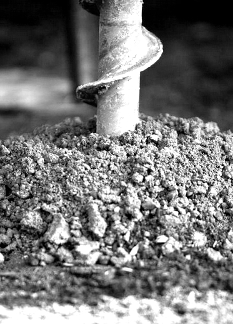Gold Coast told to watch water
 A report has found the extraction of Gold Coast groundwater has been “largely unmonitored and unregulated”.
A report has found the extraction of Gold Coast groundwater has been “largely unmonitored and unregulated”.
The report by the City of Gold Coast’s Water, Waste and Energy Committee has called on the council to spend $355,000 over three years on more investigations to “develop a groundwater and surface water monitoring network”.
Committee chair Councillor Gail O'Neill says it is not known how domestic and commercial extraction has impacted groundwater in the Gold Coast hinterland.
“In stage one, they did put a few data loggers in selected groundwater bores, and that's provided some preliminary data on groundwater level fluctuations,” she said.
“But this stage two investigation will give us more information, and we need to start the historical data collecting right now.”
Commercial bottling has relied on Springbrook's groundwater since 1996, with no system to measure and monitor the supply.
The Queensland Government allocates commercial licences for the extraction of groundwater, but the council can regulate the activity through development application approvals.
Queensland’s Minister of Natural Resources, Mines and Energy, Anthony Lynham, has placed a 12-month moratorium on the construction of new groundwater bores at Springbrook and Tamborine Mountain.
The moratorium will remain in place until March 2021, while a QUT study into groundwater supplies is underway.
Cr O’Neill’s report found groundwater is “the least understood component” of the city's water supply. She warned that its unregulated nature is a “risk to the sustainable management of water resources and associated natural systems at Springbrook and downstream”.
Cr O'Neill said the council needs to gather more information during stage two of the investigation.
“This will also lead to us making a management plan as well and having more input as into whether there should be more licences given,” she said.
“We'll look at expanding that investigation just to find out exactly if the groundwater is declining because of the extraction, and also the effect it's having on our ecosystems.”
Reports say the new investigation will be jointly funded by the Queensland University of Technology (QUT), the Department of Natural Resources, Mines and Energy, the Department of Environment and Science, and Seqwater, at a total cost of $1.2 million.








 Print
Print